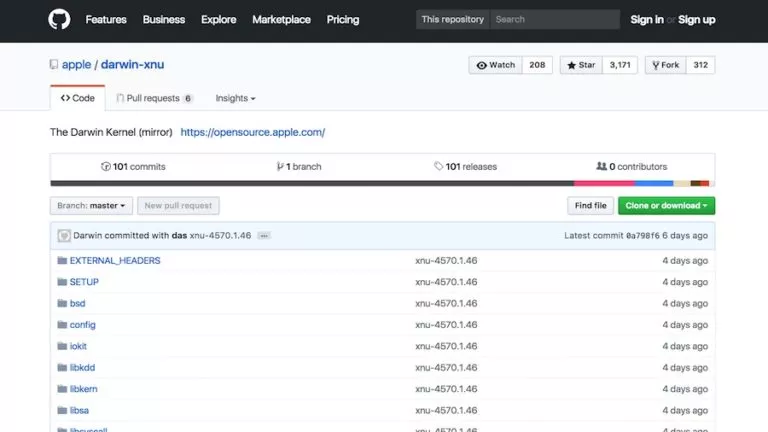Graphics Cards Can Now Be Used to Track You Across the Web
Researchers have found a new experimental way to track an individual’s movement on the Web. The researchers did this by using the information obtained from your computer or phone’s graphics processing unit. They used a unique device “fingerprinting” strategy to create trackable profiles of each user’s graphics card.
The researchers revealed their findings in a paper detailing the method. The fingerprinting strategy used here is a form of web tracking similar to cookies. Nowadays, many privacy regulations demand websites to ask for user permission to use cookies.
This has led to companies using alternative tracking methods such as browser and device fingerprinting. This technique uses data collected from a user’s browser, phone, or PC to create a trackable imprint. The data collected can vary based on browser configurations, device specifications, plugins, timezones, and other settings.
Thankfully, browser fingerprinting doesn’t work for very long. According to the researchers, “Browser fingerprints evolve over time, and these evolutions ultimately cause a fingerprint to be confused with those from other devices sharing similar hardware and software.”
Graphics Card fingerprinting tracking system
The new GPU fingerprinting technique can now overcome this fundamental limitation. According to the researchers, the new fingerprinting technique boosted 67% to the median tracking duration. This allows for more consistent tracking over more extended periods of time than traditional methods like cookies.
The researchers claim, “Our technique works well both on PCs and mobile devices, has a practical offline and online runtime, and does not require access to any extra sensors such as the microphone, camera, or gyroscope,”
The researchers used the tracking system on 2,550 devices with 1,605 distinct CPU configurations during its testing. The result was that they could reliably reproduce track all the devices.
In 2020, the researchers disclosed their findings with companies like Google, Brave, and Mozilla. One can only see how this tracking system is basically cookies 2.0.






